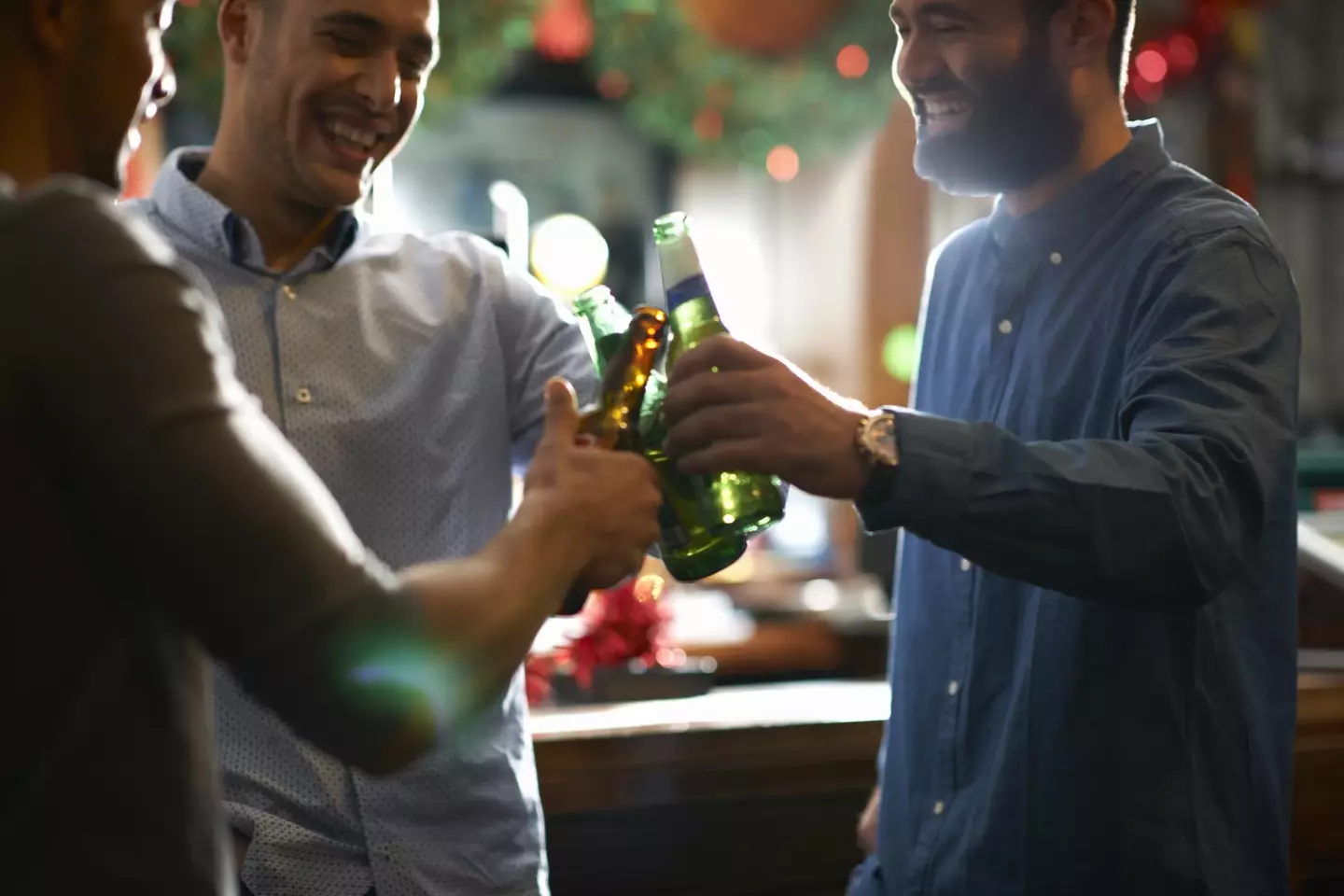
A doctor has issued a serious warning about 'high-intensity' drinking as the holiday period approaches.
It's officially December lads, which means that the countdown to Christmas, festive celebrations and the new year begins.
However, the holidays can bring on a number of bad habits and behaviours that could cause some long-term health issues if you're not careful.
Some of it is to do with food, but the main concern among doctors is to do with how much drinking is encouraged over the period.
Advert

High-intensity drinking explained
High-intensity drinking is actually worse than binge drinking, and is often associated with special occasions or celebrations.
According to the National Library of Medicine, the High-Intensity Drinking report defines it as being ‘at least twice the typical binge drinking threshold’, which means it is above 10 drinks for men and above eight for women.
These higher levels of drinking have also been called 'extreme drinking' before it switched to 'high-intensity'.
Advert
First coined by social psychologist Henry Wechsler in a 1993 study, it is characterised by the most severe outcomes of binge drinking, such as alcohol poisoning or blacking out.
Experts have been quick to warn drinkers as Christmas fast approaches, while Dr George F Koob spoke to the New York Times to further push the urgent message to festive drinkers this December.
He warned that having such a large amount of a alcohol in a short time can see your blood alcohol concentration (BAC) going over 0.2 percent, while binge drinking usually only brings this level to 0.08 percent.
The medical professional highlighted that it increases the risk of injuries, overdose and even death.

Advert
Keith Humphreys is an addiction expert and psychologist at Stanford University, and told the New York Times that high-intensity drinkers are more likely to go through a 'full blackout', becoming a danger to those around them.
He added that when alcohol is drank in such large quantities, the risk of injury increases 'pretty dramatically', while drinking more each time can lead to a person developing alcoholism.
The NHS has also offered advice if you are concerned about your own or someone else's drinking.
It outlined that drinking too much in one incident can result in:
- Accidents leading to injury or death
- Getting involved in violence
- Losing personal items or belongings
- Losing self-control, such as having unprotected sex
- Alcohol poisoning
It recommends that, to reduce these health risks, limit how much you drink, drink more slowly, drink with food, or alternate with water while out celebrating.
Topics: Health, Alcohol, Christmas, Food And Drink